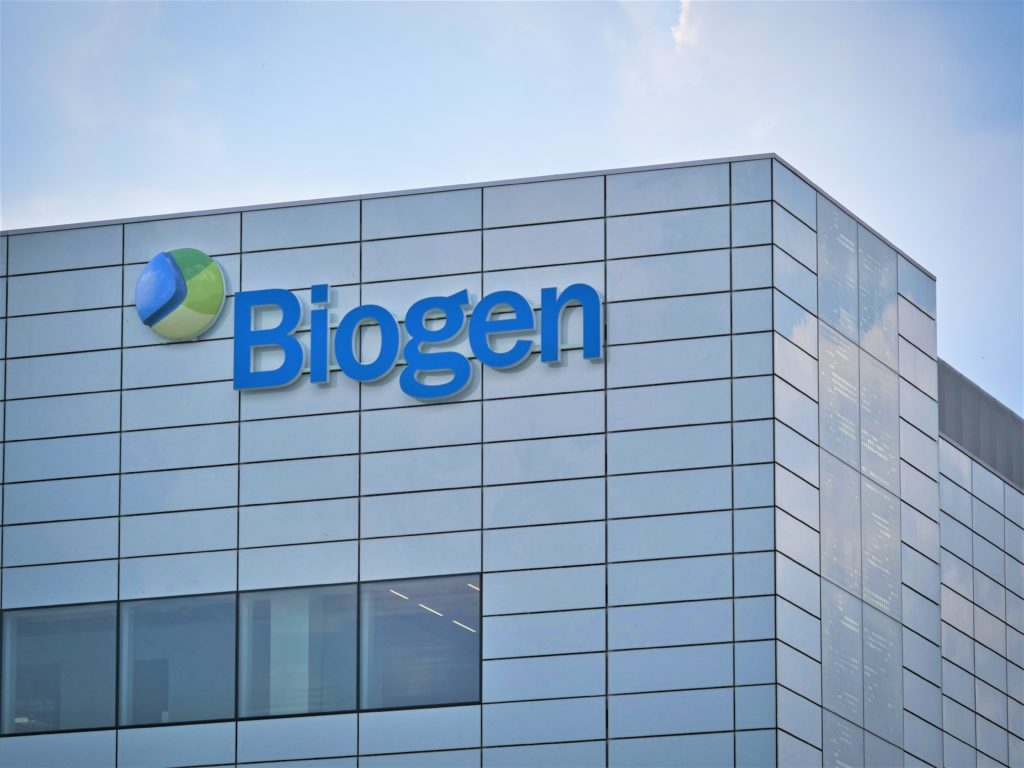Warren Buffet’s Berkshire Hathaway has sold off the $180 million worth of Biogen shares it purchased in 2019 when the company began reviving its Alzheimer’s drug Aduhelm (aducanumab). The move comes as a surprise to many, as the business magnate and world’s most successful investor is known for his buy-and-hold investment strategy.
But it seems this was not Buffet’s game plan for Biogen. According to a securities filing, Buffet’s Berkshire Hathaway exited its multi-million-dollar investment in the Aduhelm maker in the second quarter.
On the other hand, the move may not be quite so surprising as it coincides with the controversial approval of the amyloid-beta lowering drug in June despite limited evidence for its clinical benefit and safety concerns. Despite this, Biogen shares shot up to $410 (from $280 in late 2019) after the approval, opening the potential for a $10 billion market, according to industry watchers.
Known as the “Oracle of Omaha,” as homage to his birthplace in Nebraska, Buffet has a net worth of $105 billion and held the number six spot on Forbes’ list of the richest people in the world in 2021.
Berkshire’s selling of its Biogen shares was also accompanied by a paring down of its other pharma holdings, namely AbbVie, Bristol Myers Squibb and Pfizer.
Based on the securities filing, it’s hard to decipher when during the second quarter Berkshire sold its Biogen shares.
Berkshire’s swift disengagement with Biogen may indeed be related to the significant backlash that the FDA received for its initial broad label approval of Aduhelm, as well as Biogen’s dubious pricing strategy. In response, the FDA narrowed the approval to only mild dementia and Alzheimer’s in July.
Despite this, some insurers have refused to cover the drug. Adding to Biogen’s woes, the Department of Veterans Affairs (VA) decided last week that it will not include Aduhelm on its national formulary over “the risk of significant adverse drug events,” in addition to a “lack of evidence of a positive impact on cognition.” In a document, it states that it “recommends against offering the agent to patients with Alzheimer’s dementia (mild or otherwise) or mild cognitive impairment.”
In addition to completely relieving itself of Biogen shares, Berkshire was busy trimming and re-shuffling its pharma portfolio. It sold nearly half of its shares of Merck & Co. during the second quarter, going from 17.88 million shares down to 9.16 million as of the end of June.
In place, it appears that Berkshire picked up 1.55 million shares in the Merck spinoff company Organon & Co., which is focused on women’s health, biosimilars and established, legacy medicines. The company is set to go public on the New York Stock Exchange under the symbol “OGN.” However, this may not have been an active purchase as for every Merck share that investors owned at the time of Organon’s intro, they got one-tenth of an Organon share.
In November 2020 during the third quarter, Berkshire spent billions of dollars on shares of four US pharma giants: AbbVie, Bristol Myers Squibb, Merck & Co. and Pfizer. This was likely fueled by the flurry of development happening in the pharma space with COVID-19 vaccines and therapeutics. However, just nine months later, the company has pared down its holdings in all four.
As of the end of the second quarter, the company revealed it owned $2.31 billion worth of AbbVie shares, amounting to 20.53 million shares, which is down from the 22.87 million shares it had in the first quarter. Similarly, Berkshire’s stake in Bristol Myers Squibb went from about 31.03 shares to 26.29 million, a drop of 4.74 million shares.
Despite having purchased a relatively smaller stake of 2.71 million shares in Pfizer valued at $136 million late last year, Pfizer vanished from Berkshire’s investment list just a short quarter later.
Buffet is well-known for his value investing philosophy and his saying: “If you aren’t willing to own a stock for ten years, don’t even think about owning it for ten minutes.” It’s therefore puzzling why Buffet decided to jump ship on Biogen and other pharma holdings within a matter of months, conflicting with his own investment strategy.
Instead, it looks like Buffet is shifting greater focus on the tech space, having upped his investments in Apple, Amazon and cloud computing-based data company Snowflake in 2020. Berkshire currently owns five percent of Apple, valued at $120 billion.












Join or login to leave a comment
JOIN LOGIN